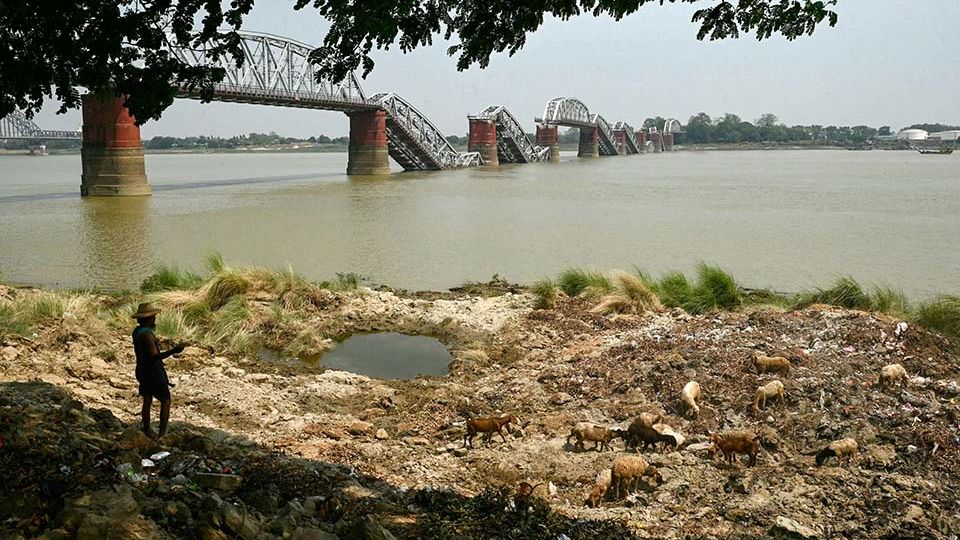April 7, 2025
BANGKOK – Meanwhile, a former official from the US Agency for International Development (USAID) revealed that workers from it had received notice they were losing their jobs after arriving in the disaster zone.
In addition to those killed by the earthquake on March 28, 4,850 people were injured, and 220 remain missing, according to state media.
During a visit to Mandalay, Myanmar’s second-largest city near the epicentre of the 7.7-magnitude quake, UN aid chief Tom Fletcher made an appeal for international support.
“The destruction is staggering. Lives lost. Homes destroyed. Livelihoods shattered. But the resilience is incredible,” he said in a post on X, “The world must rally behind the people of Myanmar.”
Myanmar’s neighbours, including China, India and Southeast Asian nations, are among those that have sent relief supplies and rescuers over the past week to assist in the recovery effort in quake-affected areas, which are home to around 28 million people.
The US, which was until recently the world’s leading humanitarian donor, has pledged at least US$9 million (307.50 million baht) to Myanmar to support earthquake-affected communities.
However, current and former US officials have stated that the scaling back of its foreign aid programme has hindered its response.
Three USAID workers who travelled to Myanmar after the quake were informed that they were being let go, according to Marcia Wong, a former senior USAID official, speaking to Reuters.
“This team is working incredibly hard, focussed on getting humanitarian aid to those in need. To get news of your imminent termination – how can that not be demoralising?” Wong said.
The UN Office of the High Commissioner for Human Rights reported on April 4 that the junta was restricting aid supplies to quake-affected areas where communities did not support its rule.
The office also stated it was investigating 53 reported attacks by the junta against opponents, including airstrikes, 16 of which occurred after the ceasefire was declared on April 2.
The Free Burma Rangers, a relief group, informed Reuters on April 5 that the military had dropped bombs in Karenni and southern Shan states on April 3 and 4, despite the ceasefire announcement, killing at least five people.
The victims were civilians, according to the group’s founder, David Eubank, who added that there had been at least seven such military attacks since the ceasefire.


